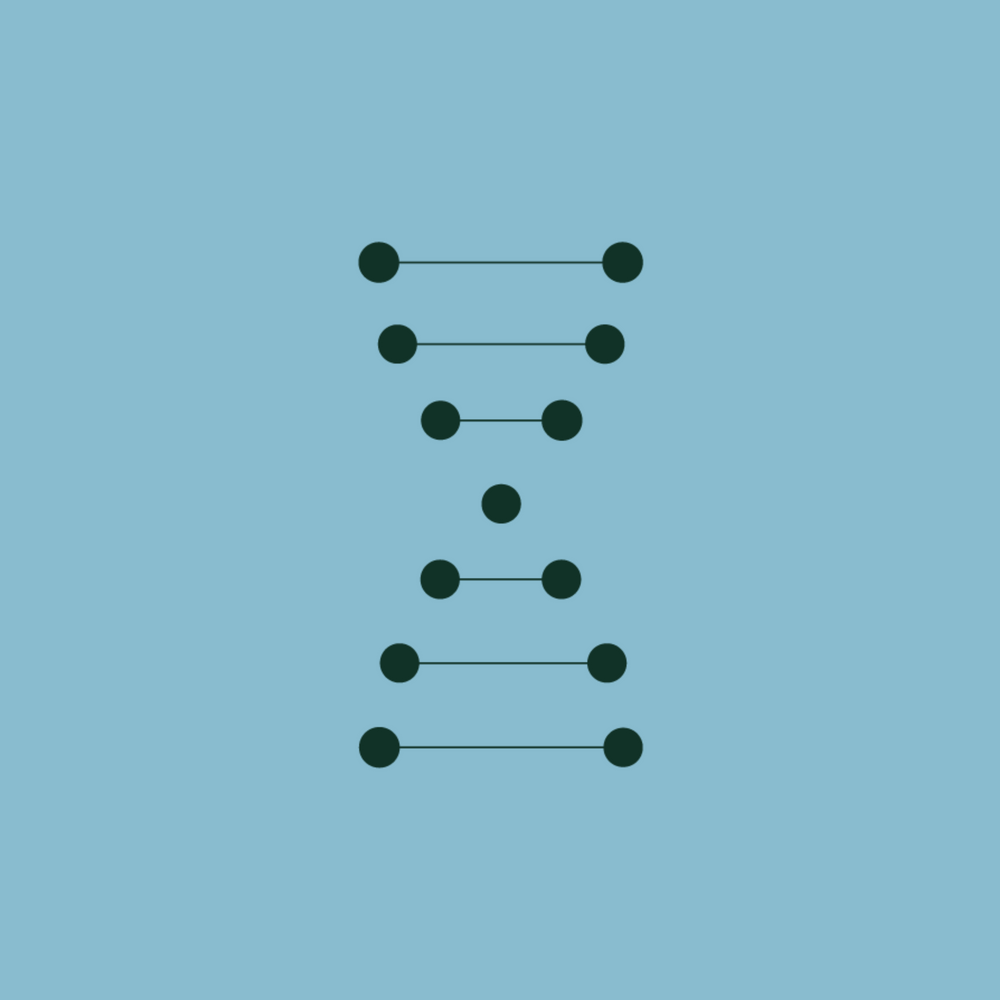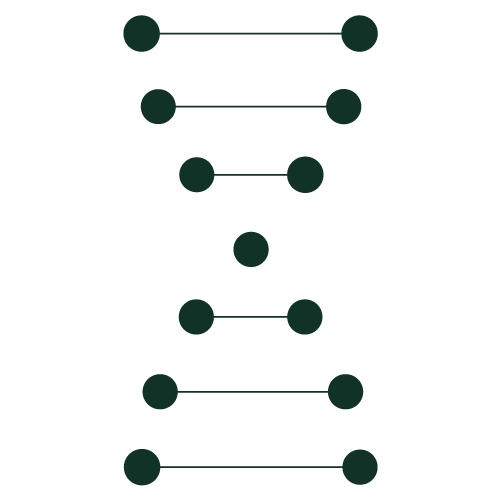Track your levels on your personalised dashboard
Test and track
You have saved personalized supplements. Would you like to add them back to your cart?
£0.00 GBP
Your cart total must be £20.00 or more to proceed.
Couldn't load pickup availability
Testosterone is a powerful hormone that drives numerous vital functions. Yes, it is vital for muscle and strength but it is a lot more than that:
This comprehensive panel, including Total Testosterone, Free Testosterone, FAI (Free Androgen Index), LH (Luteinizing Hormone), FSH (Follicle-Stimulating Hormone), Prolactin, and Albumin, is your key to unlocking the mysteries of your hormonal balance.

Dr Geoff Mullan MBBS, BSc. MRCS, DO-HNS, AFMCP
Chief Medical Director
what is in this test
This is the total amount of testosterone being produced. It tells us whether the Leydig cells in the testis are healthy and being stimulated to produce testosterone.
It does not tell us how much active testosterone in present.
However if this level is low then we know which areas to target to improve things.
Sex Hormone-Binding Globulin (SHBG) is a key protein in the body that plays a crucial role in regulating the availability of sex hormones, particularly testosterone and oestrogen.
When it is very high less active testosterone is available. Instead of increasing testosterone it may be beneficial to reduce SHBG levels instead.
Function:
Regulation of Hormone Activity:
Factors Affecting SHBG Levels:
Luteinising Hormone (LH) and Follicle-Stimulating Hormone (FSH) are crucial hormones in regulating reproductive health and are intimately linked with men's testosterone production.
Measuring these hormones, alongside testosterone levels, provides a comprehensive view your reproductive and hormonal health. Gonadotropin-releasing hormone (GnRH) plays a pivotal role in regulating the secretion of LH and FSH.
Luteinising Hormone (LH)
LH and Function: LH is critical for testosterone production in men. It stimulates the Leydig cells in the testes to produce testosterone.
Specific treatments and supplements work by increasing LH.
Importance in Testing: LH levels are directly related to testosterone production. Low levels of LH can lead to low testosterone levels, indicating primary or secondary hypogonadism.
Follicle-stimulating hormone (FSH)
In men, prolactin influences various physiological processes, including immune system regulation and metabolism. It is primarily controlled by dopamine, a neurotransmitter that inhibits its secretion.
Elevated prolactin levels can lead to reduced testosterone production due to less stimulation of the testes by LH.
Prolactin does this by suppressing the secretion of GnRH, a hormone that signals the pituitary to release Luteinising Hormone (LH) and Follicle-Stimulating Hormone (FSH).
LH is crucial for stimulating testosterone production in the testes.
As men age, their testosterone levels naturally decline. This typically begins around the age of 30 and continues at a gradual rate. The decrease in testosterone is a part of the normal ageing process and can lead to changes in energy levels, muscle mass, bone density, libido, and mood.
Various lifestyle choices have a direct impact on testosterone levels. Poor diet, lack of physical activity, excessive alcohol consumption, smoking, and inadequate sleep can all lower testosterone levels. On the other hand, regular exercise, particularly strength training, a balanced diet, managing stress, and getting enough quality sleep can help maintain or boost testosterone levels.
Certain medical conditions, including obesity, diabetes, hypothyroidism, and hormonal disorders, can lead to reduced testosterone production. Additionally, some medications, especially those used for treating prostate cancer and other hormonal therapies, can adversely affect testosterone levels.
Exercise, Especially Strength Training: high-intensity interval training (HIIT), can boost testosterone levels.
Healthy Diet: A balanced diet rich in protein, healthy fats, and essential nutrients supports testosterone production.
Adequate Sleep: Quality sleep is crucial for testosterone production.
Stress Reduction: Chronic stress elevates cortisol levels and reduces testosterone production.
Fadogia Agrestis: Naturally increases testosterone levels by enhancing the activity of enzymes in the testes.
Tongkat Ali (Eurycoma Longifolia): Stimulates the release of LH and testosterone production.
Boron: Boosts testosterone by reducing sex hormone-binding globulin (SHBG) levels.
Zinc: Essential for testosterone production and may prevent its conversion to oestrogen.
Vitamin D: Higher vitamin D levels correlate with higher testosterone levels.
Testosterone Replacement Therapy (TRT):
TRT is used to restore testosterone levels in men with low testosterone (hypogonadism).
It reduces natural production so should only be considered after trying natural methods.
Forms: TRT can be administered via injections, transdermal patches, gels, or subcutaneous pellets.
Monitoring and Risks: Regular monitoring is necessary to manage potential side effects, such as increased red blood cell count and prostate health issues.
Your results will be uploaded to your personal secure dashboard.
You can track progress over time and optimise your essential nutrient status.
Your results will be integrated with your health assessment.
One of our medical team will review these and make nutrition, lifestyle and supplement recommendations.
Use our innovative home collection device to make blood collection simple and easy to do at home.
See the video below to see it in action.
Total testosteron
frequently asked questions
No, the blood test really is painless. It doesn't even use needles!
Results are back within 5 working days, but we can often do a lot quicker than that. The exception is omega 3 which needs to go to a specialist lab. and results can take a few weeks.
Yes! We make it simple to understand your results and recommendations by sending a video of a Doctor explaining them.
Yes. Unlike a lot of other blood testing companies in the UK. humanpeople is registered with the CQC as a health and diagnostic company.
That means we are reviewed and must follow strict UK guidelines on giving results and advice.
The labs. we use are also regulated by CQC.
You can check out our registration details here.

Gain access to your own data driven dashboard, health reports and personalised supplement plans.



